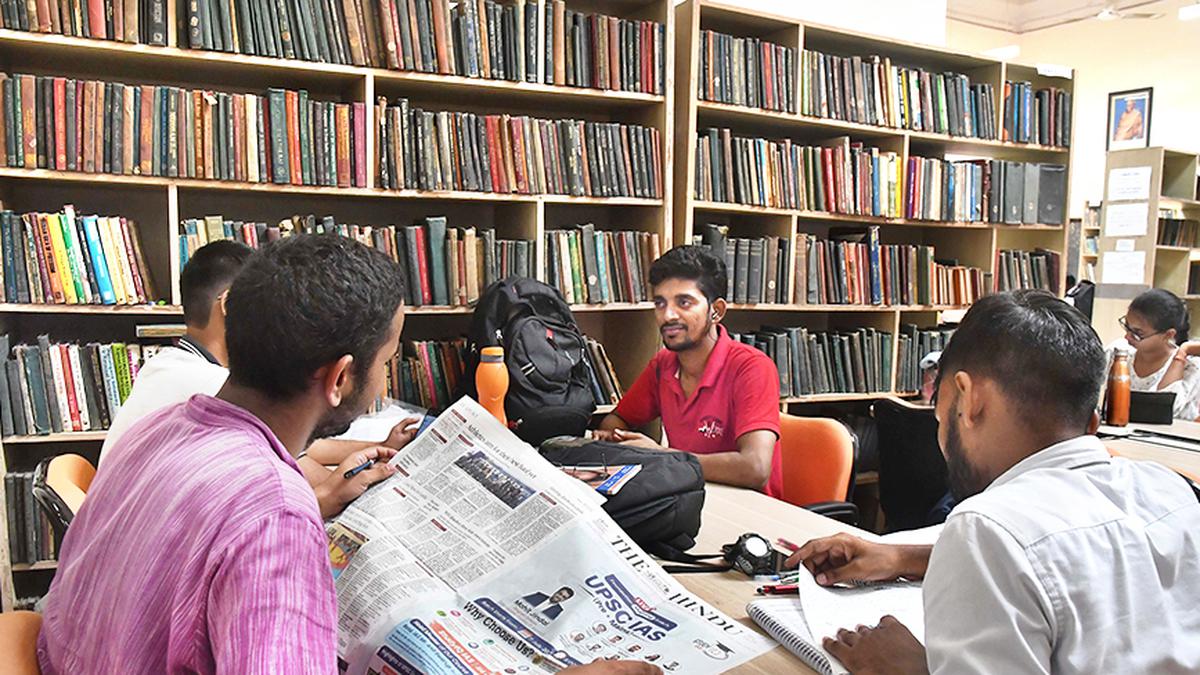
The Common Law Admission Test (CLAT) is the route for admission into the most prestigious law schools in India. To crack the exam, aspirants are expected to master diverse aspects of general knowledge, current affairs, and legal reasoning. One of the most reliable repositories of verified facts and credible information is the newspaper. However, reading a newspaper for the purpose of preparation is more complex than it may seem, as it mandates a multifaceted approach. So, here’s a guide to maximise your understanding of relevant subjects, how to evaluate, what to dwell upon, and how to make strategic notes.
What to read
Reading a newspaper is more than the mere act of digesting every single word on a page. Instead, it’s about the art of being selective with the information one consumes. So, concentrate on the following sections:
National and international news: These sections, especially the front page, provide a broad understanding of global and national affairs with a special emphasis on political, social, and economic developments.
Editorials and op-eds: Articles in this section offer in-depth analyses, judicious opinions, and varied viewpoints on a spectrum of subjects, helping you to understand multiple perspectives on contemporary matters.
Legal news: For CLAT specifically, it is of paramount importance to prioritise legal updates. Seek news pertaining to pivotal judgments, legislative changes, and legal controversies.
What to avoid
Avoid spending excessive amounts of your time on sections like entertainment, celebrity gossip, sports news (unless of major national or international events), and lifestyle-oriented content. Balancing newspaper reading with other parts of preparation including mock tests, legal aptitude, and logical reasoning, is crucial. Dedicate around 45 minutes to reading the newspaper every day and compile informative takeaways.
Newspapers vary in their quality and content; therefore subscribe to newspapers of repute that offer extensive coverage of news and insightful editorial pieces. Also, subscribe to magazines that give detailed information on current affairs and government policies.
Other tips
Connect with syllabus: As you start reading, first consider how the different news sections connect to the CLAT syllabus. This facilitates an understanding of how real-world situations relate to theoretical concepts.
Selections: First, glance through the headlines and subheadings for an overview of the day’s prominent stories. Then move focus on articles that are relevant to your preparation such as politics, law, economics, and international relations.
Notes: Jot down key points, facts, or legal concepts that stand out. Meticulous note-making during or after reading can significantly enhance your preparation. First, use keywords or key phrases to encapsulate the overarching themes of articles. Second, make a concise summary of each article to cull out vital information. Third, establish a dedicated section for legal-related news stories, incorporating the case name, relevant laws, and a brief summary. Last, maintain an organised framework for the notes by classifying them into categories such as politics, legal news, economics, and international news so that the revision process is streamlined.
The writer is Assistant Vice President, Career Launcher






COMMents
SHARE